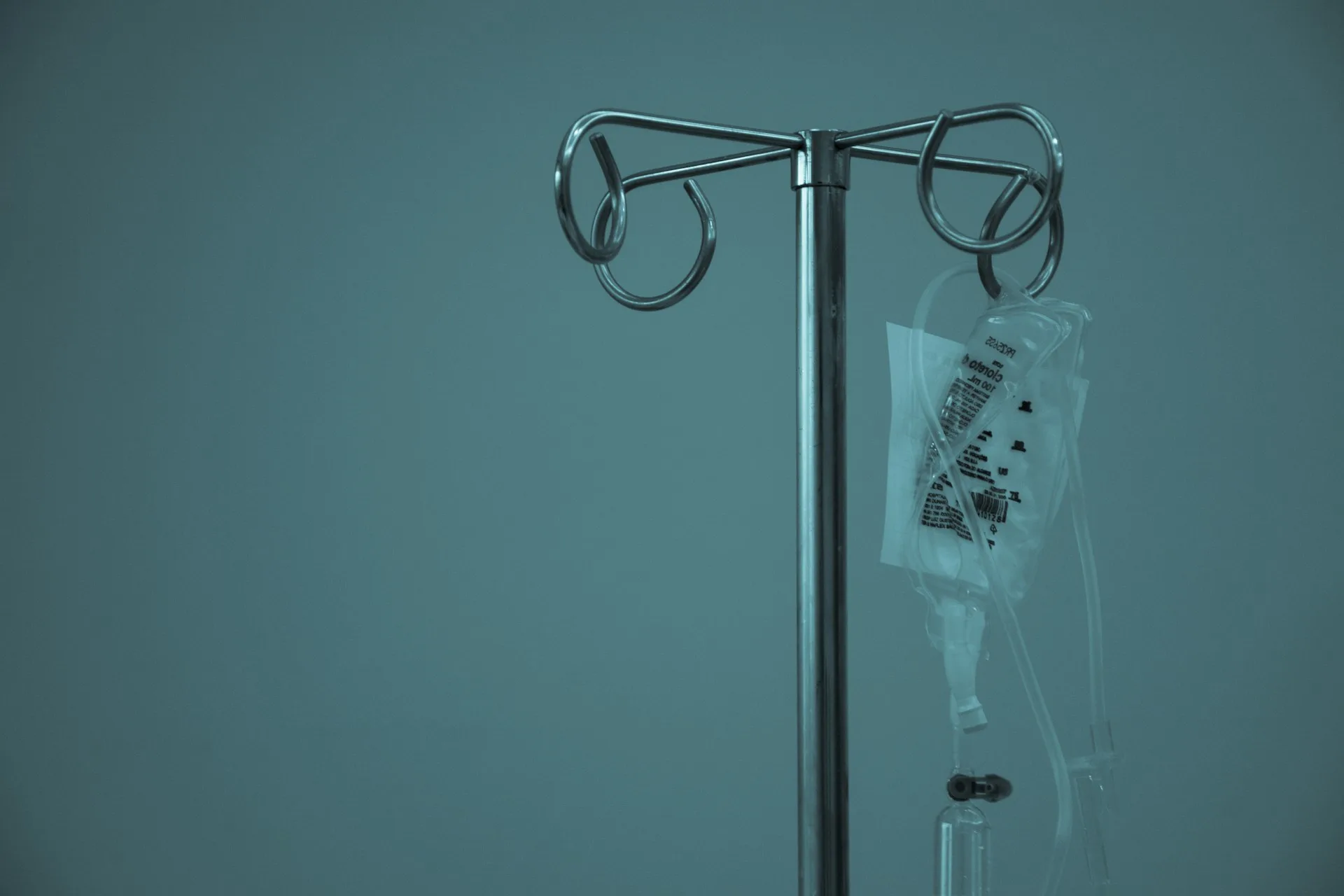After years of underfunding and a war that has further exacerbated the weaknesses of the healthcare system, Ukraine has a real chance to transform its healthcare infrastructure. A new report by the World Health Organisation (WHO), Unlocking investment for the transformation of Ukraine’s health-care network, indicates that there are significant domestic and international resources that can be used to modernise and rebuild the sector. However, this will require a clear strategy, an effective system of priorities, and strengthened management capacity at all levels.
Read also: How the state fights to protect the rights of citizens during a full-scale war
Financial support is growing, but risks remain
The WHO report acknowledges that Ukraine has access to a wide range of financial instruments, including the €50 billion Ukraine Facility, part of which is earmarked for investment in the health sector. At the same time, the state faces constraints due to a lack of centralised planning, fragmented ownership of healthcare facilities, and limited coordination at the regional and local levels.
As the report notes, most healthcare facilities are owned by local governments, which are often guided by their own priorities rather than systemic logic. As a result, projects are submitted to the national DREAM system without proper evaluation by the Ministry of Health. This complicates the formation of a strategic investment portfolio and reduces donor confidence.
Read also: When life depends on the donor: how to recognise blood cancer and why bone marrow transplantation is not an exception, but a chance
We need a clear strategic course and a transparent project selection system
One of the key conclusions of the WHO is the need to establish a strategic framework for capital investment as soon as possible, aligned with the long-term goals of the healthcare reform by 2030. Such a framework should include prioritisation, project selection criteria, and a sectoral portfolio that brings together the most important initiatives in terms of systemic need.
An important role in this process is played by the concept of a “capable network” – an organisationally integrated system of institutions capable of providing a full range of quality, continuous and patient-centred care. However, its implementation remains incomplete: there is no mapping of the network at the primary level, and there is an ongoing discussion at the hospital level about the criteria for inclusion and the future of “out-of-network” facilities.
Read also: Artificial intelligence in the humanitarian sphere. How technology helps people
International experience and the role of donors
The report provides examples of successful reforms of healthcare infrastructure in Poland, in particular through the introduction of a system of needs maps, an investment assessment tool and mandatory approval by government agencies. Ukraine could adopt these approaches to increase the transparency and efficiency of its own investment system.
At the same time, international financial institutions and donors – from the European Investment Bank to the World Bank – are ready to support Ukrainian projects. However, their participation often depends on a clear strategy, technically sound business cases, and support from the Ministry of Health.
Read more: Professional expectations of adolescents in Ukraine in 2025: challenges, aspirations and the influence of the environment
Coordination is the key to successful reforms
The report emphasises the need for not only vertical (between central and local authorities) but also horizontal (between different donors and governing bodies) coordination. Without this, there is a risk of duplication of efforts, wastage of resources and a decrease in trust in the system as a whole.
Successful implementation of the new investment model requires strengthening human resources both at the Ministry of Health and in the field. Without trained professionals – engineers, architects, auditors, medical planners – it is impossible to guarantee the quality implementation of even the best strategies.
Read also: Air raid sirens, panic and insomnia: how to cope with stress when Russian missiles are flying overhead



